Democrat lawmakers have publicly bashed the U.S. Supreme Court after their immunity ruling revolving around former President Donald Trump.
House Representative Alexandria Ocasio-Cortez has even gone as far as to threaten the court with articles of impeachment, hinting that she is attempting to impeach some of the justices when she returns to Congress.
The Supreme Court’s Recent Ruling
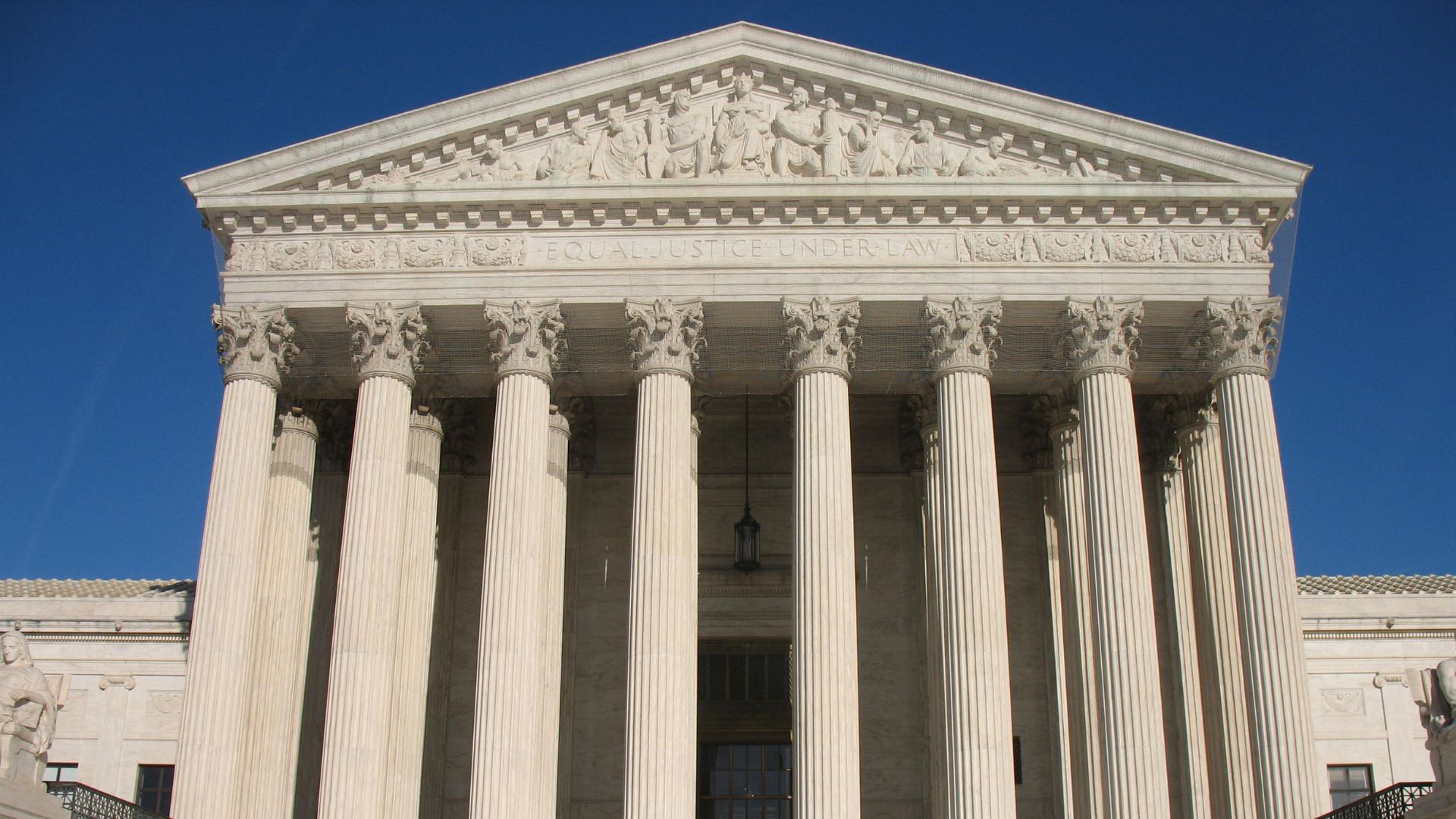
The Supreme Court has officially ruled on whether presidents have immunity from prosecution over certain actions — and many Democratic lawmakers aren’t happy with the decision.
According to the court, a president has absolute immunity from prosecution over official actions. Meanwhile, unofficial or private actions do not have immunity at all.
Official vs Unofficial Actions
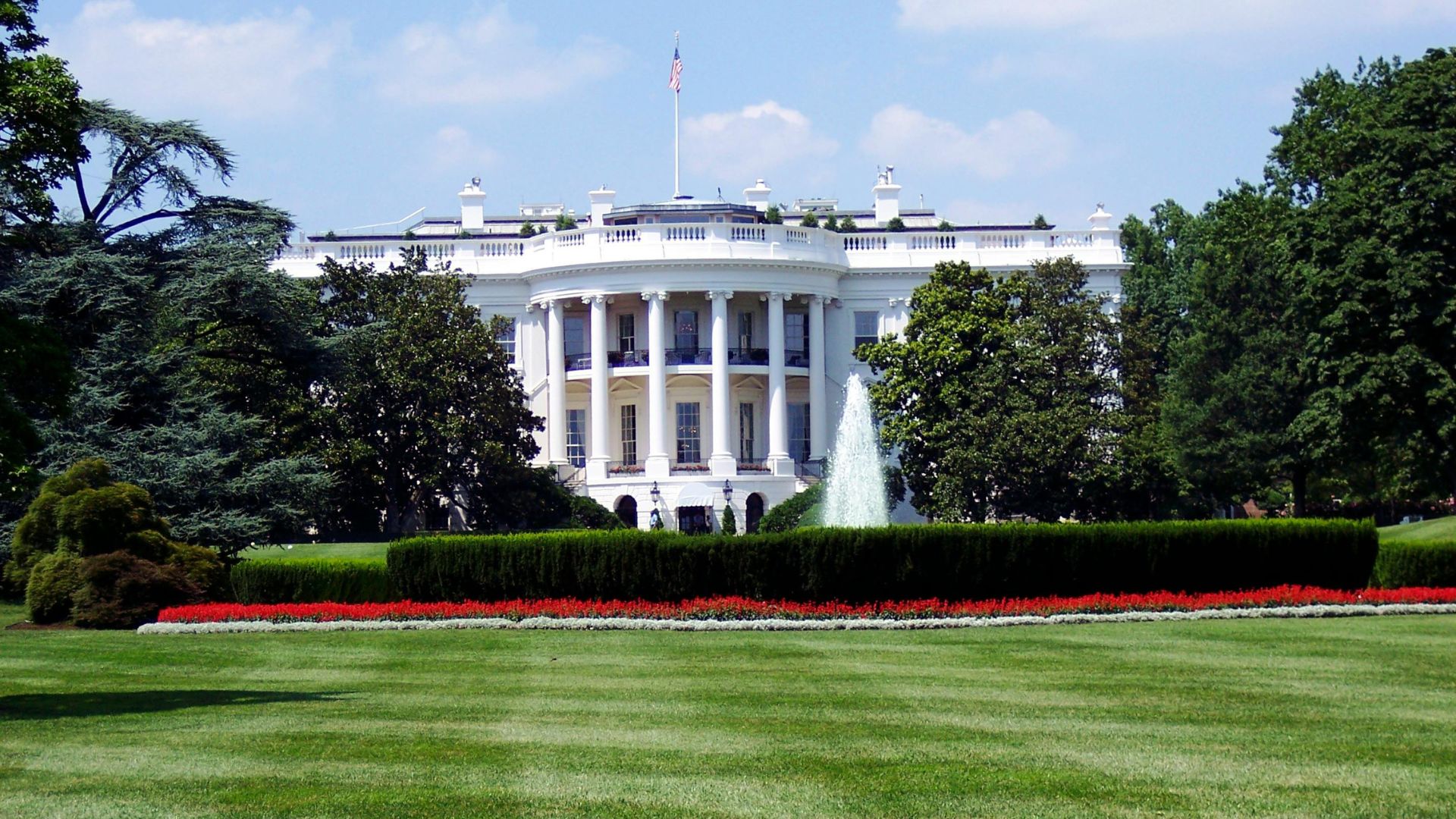
This ruling comes as Trump faces criminal charges that he says should be thrown out, as he was simply acting in an official manner as president. Prosecutors have argued that nobody is above the law, and that presidents are not immune to prosecution for alleged crimes.
This Supreme Court ruling — which was a 6-3 decision among party lines — further creates difficulties in understanding what is considered an official presidential action, and what isn’t.
AOC Goes After the Supreme Court

Many lawmakers from both major political parties have revealed their opinions on this Supreme Court decision. Ocasio-Cortez posted on X to go after the court.
“The Supreme Court has become consumed by a corruption crisis beyond its control,” Ocasio-Cortez posted on X. “Today’s ruling represents an assault on American democracy. It is up to Congress to defend our nation from this authoritarian capture. I intend on filing articles of impeachment upon our return.”
Impeaching the Supreme Court Justices?
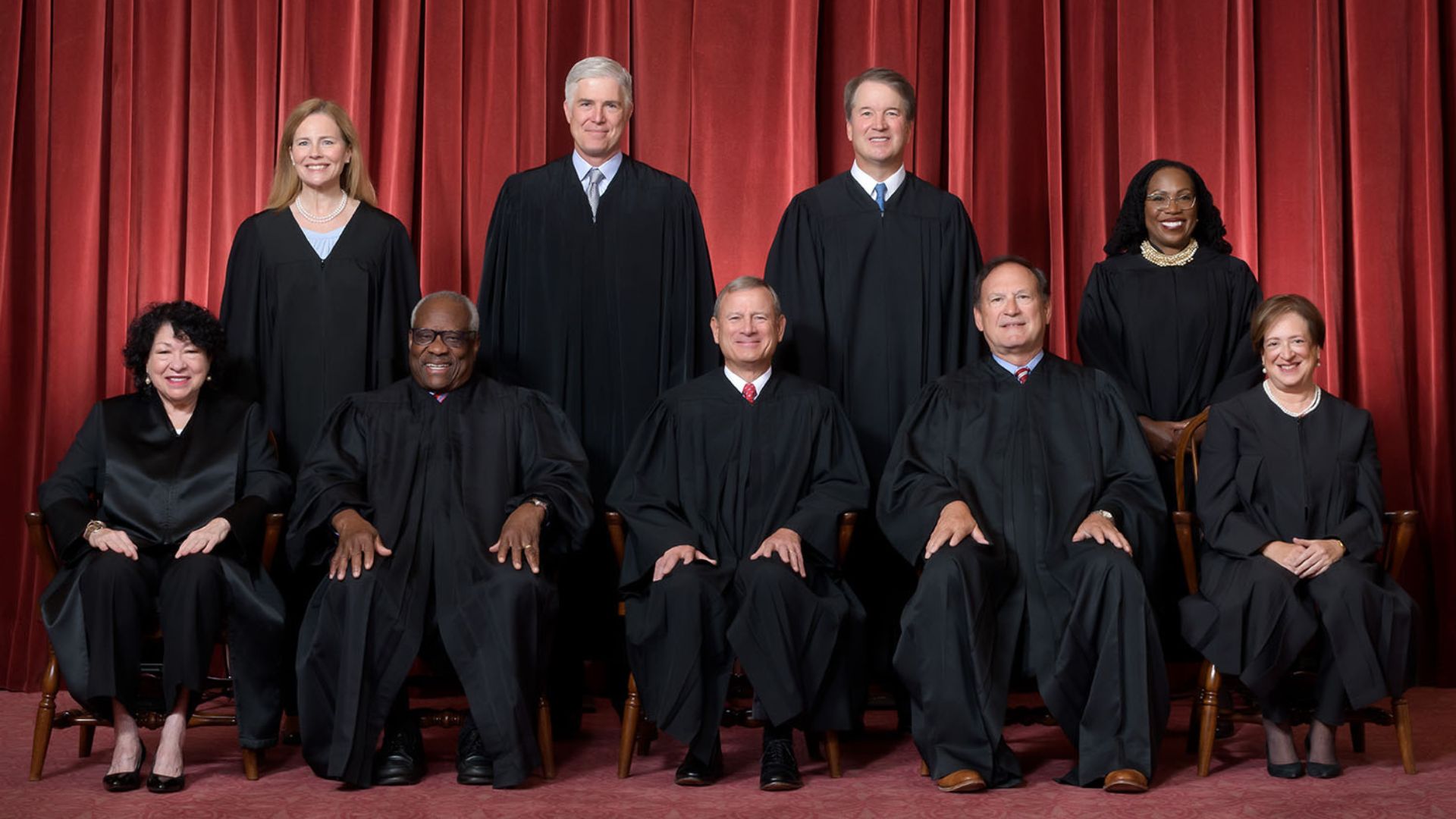
Ocasio-Cortez hasn’t completely clarified what her post on X means, particularly when it comes to the discussion of impeachment.
However, many analysts have theorized that the Democrat Representative is suggesting that she will try to impeach some of the Supreme Court justices. Until Ocasio-Cortez herself clarifies what she meant in this post, it remains unclear.
AOC’s Reposts
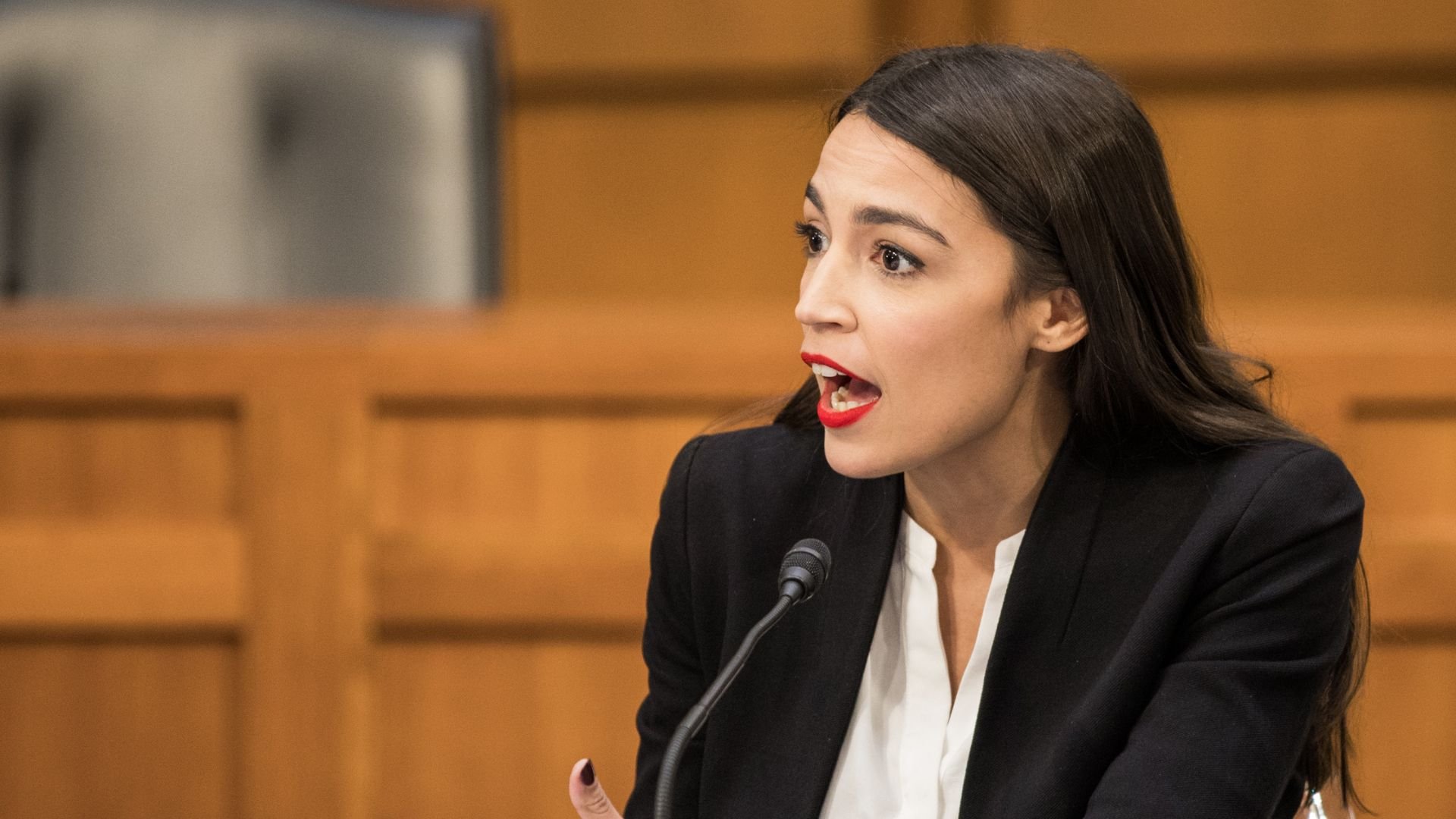
Other than this one post on X, Ocasio-Cortez hasn’t spoken out at all about this ruling. However, she has retweeted a “big picture” post that another X user posted.
In this reposted comment, Ocasio-Cortez seemingly agreed with the theory that the Supreme Court has paved the way for a second Trump term — one that she believes will give him “almost limitless powers.”
Other Democrat Responses
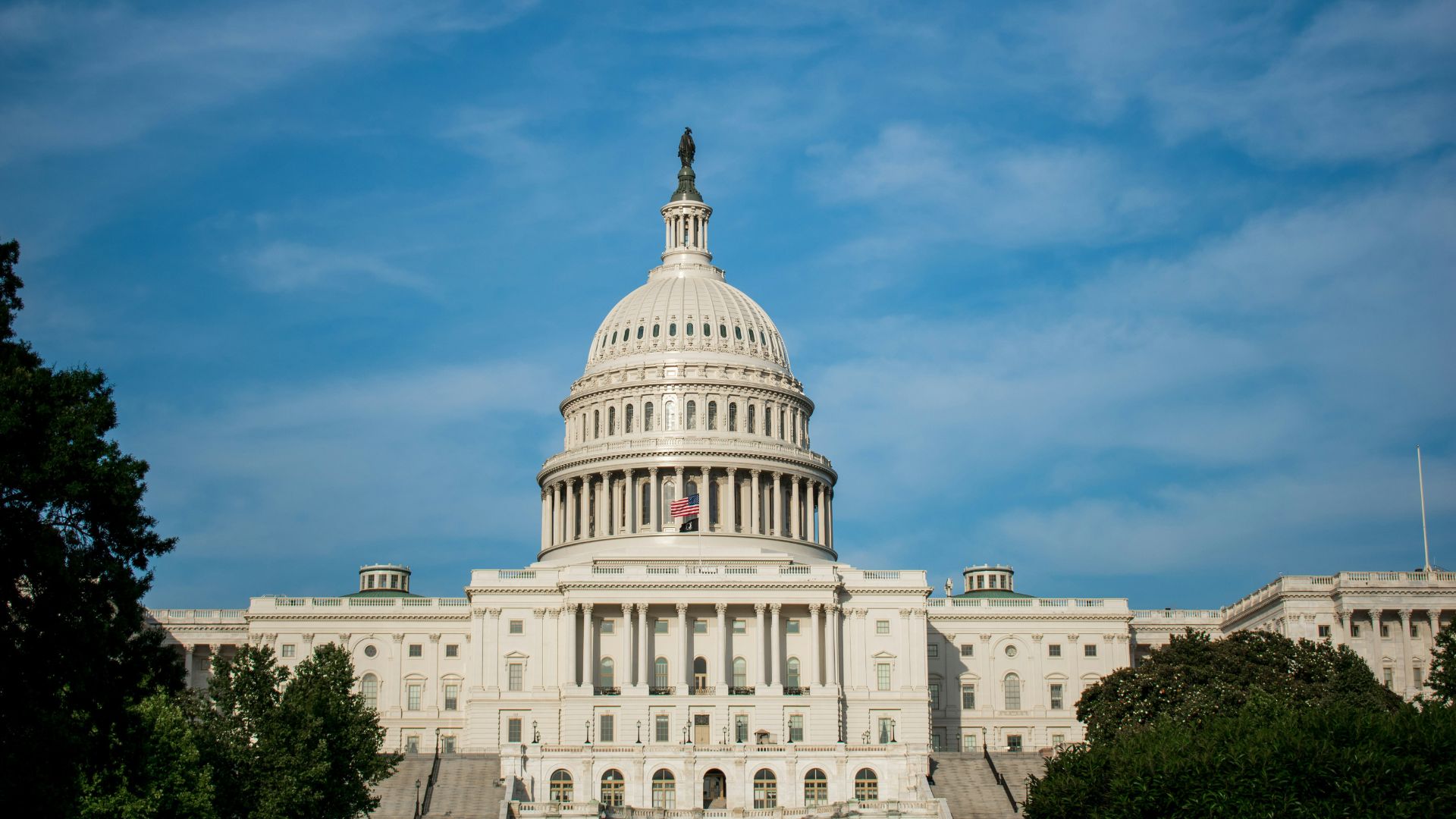
Other major Democrats in Congress have also released statements declaring their thoughts on this ruling — though many didn’t go as far as Ocasio-Cortez did when it comes to suggesting articles of impeachment.
For many Democrats, this decision is just the latest in a long line of hard right moves that the court has made ever since it obtained a conservative majority.
Calling Out Far-Right Justices

Hakeem Jeffries, the House Minority Leader, released a statement attacking this decision — and calling out what he believes are “far-right” justices.
Jeffries stated, “House Democrats will engage in aggressive oversight and legislative activity with respect to the Supreme Court to ensure that the extreme, far-right justices in the majority are brought into compliance with the Constitution.”
A Dangerous Precedent

Jeffries also claimed that the court has created a “dangerous precedent” for the country’s future, a talking point that many other Democrats have also expressed.
He said, “Today’s Supreme Court decision to grant legal immunity to a former President for crimes committed using his official power sets a dangerous precedent for the future of our nation.”
No One Is Above the Law
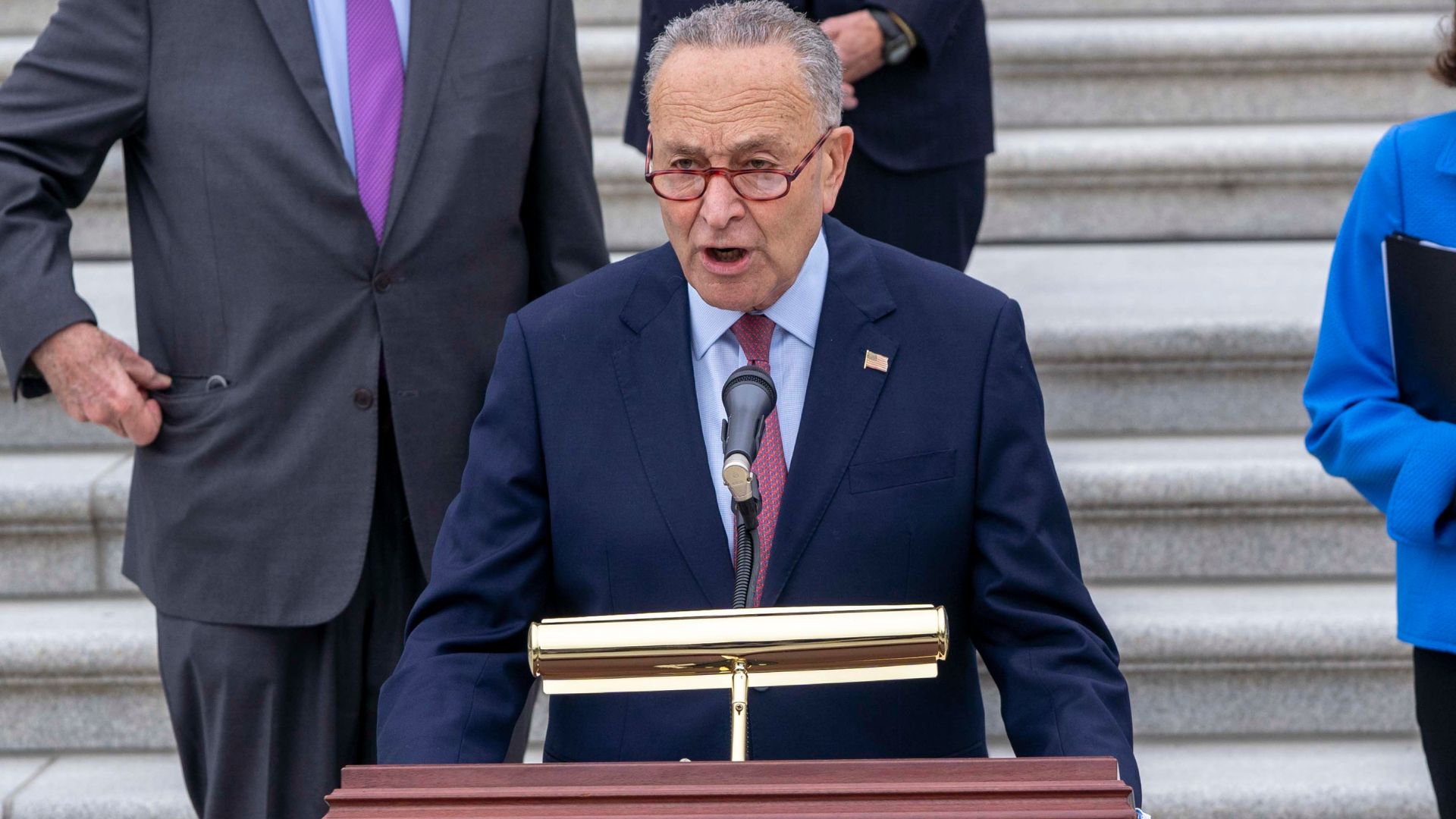
Senate Majority Leader Chuck Schumer also wrote on X his thoughts about this ruling, explaining that no one — even the president of the United States — should be above the law.
“This is a sad day for America and a sad day for our democracy,” Schumer posted on X. “The very basis of our judicial system is that no one is above the law. Treason or incitement of an insurrection should not be considered a core constitutional power afforded to a president.”
Next Steps
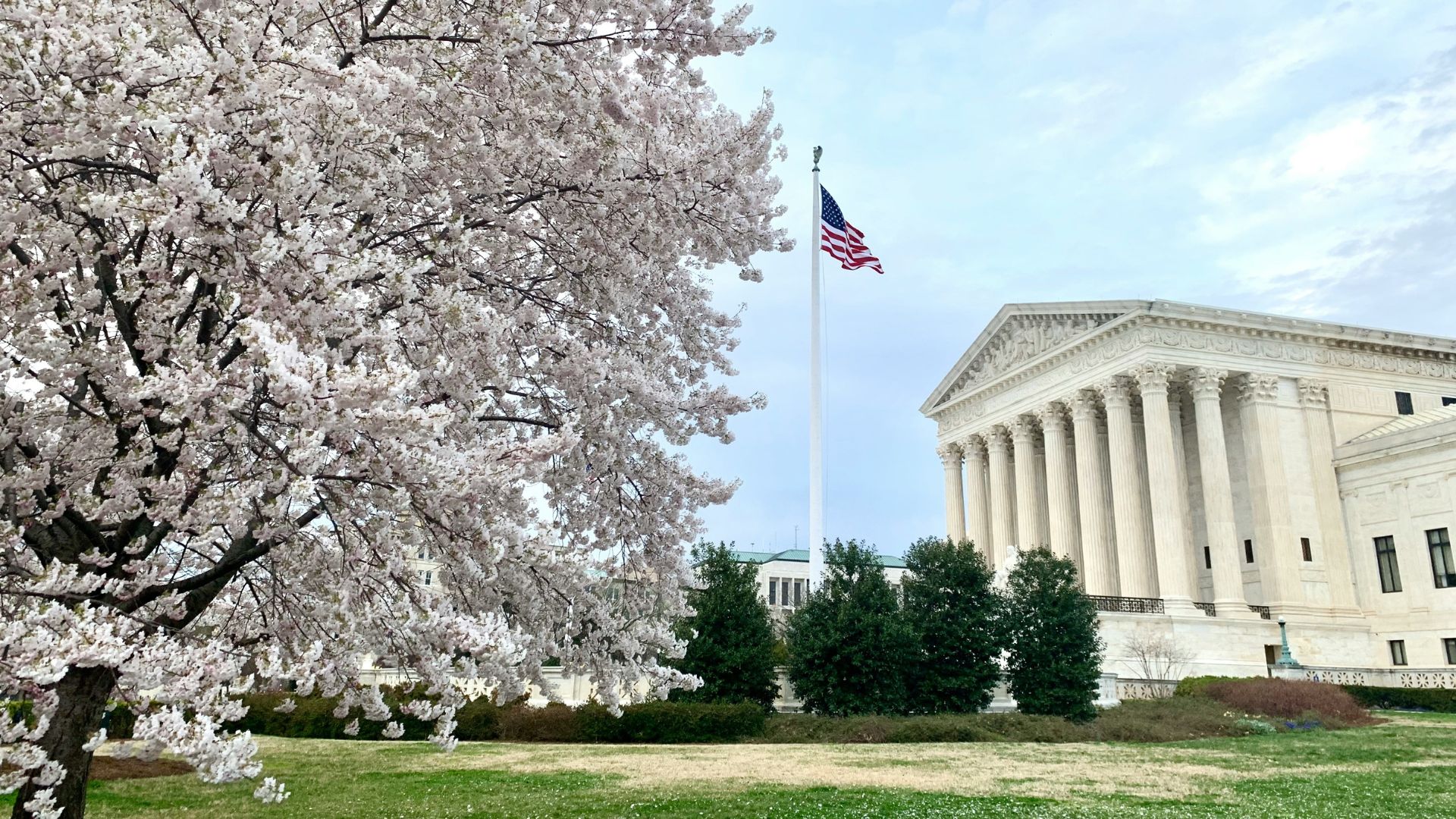
Many Democrat lawmakers have suggested that this decision by the Supreme Court will make it hard — if not impossible — for prosecutors to now successfully bring Trump to trial for his alleged crimes.
While this ruling may indeed make it hard for the prosecution, there is still a possibility that Trump could face a federal criminal trial in the future.
The Lower Court’s Decisions
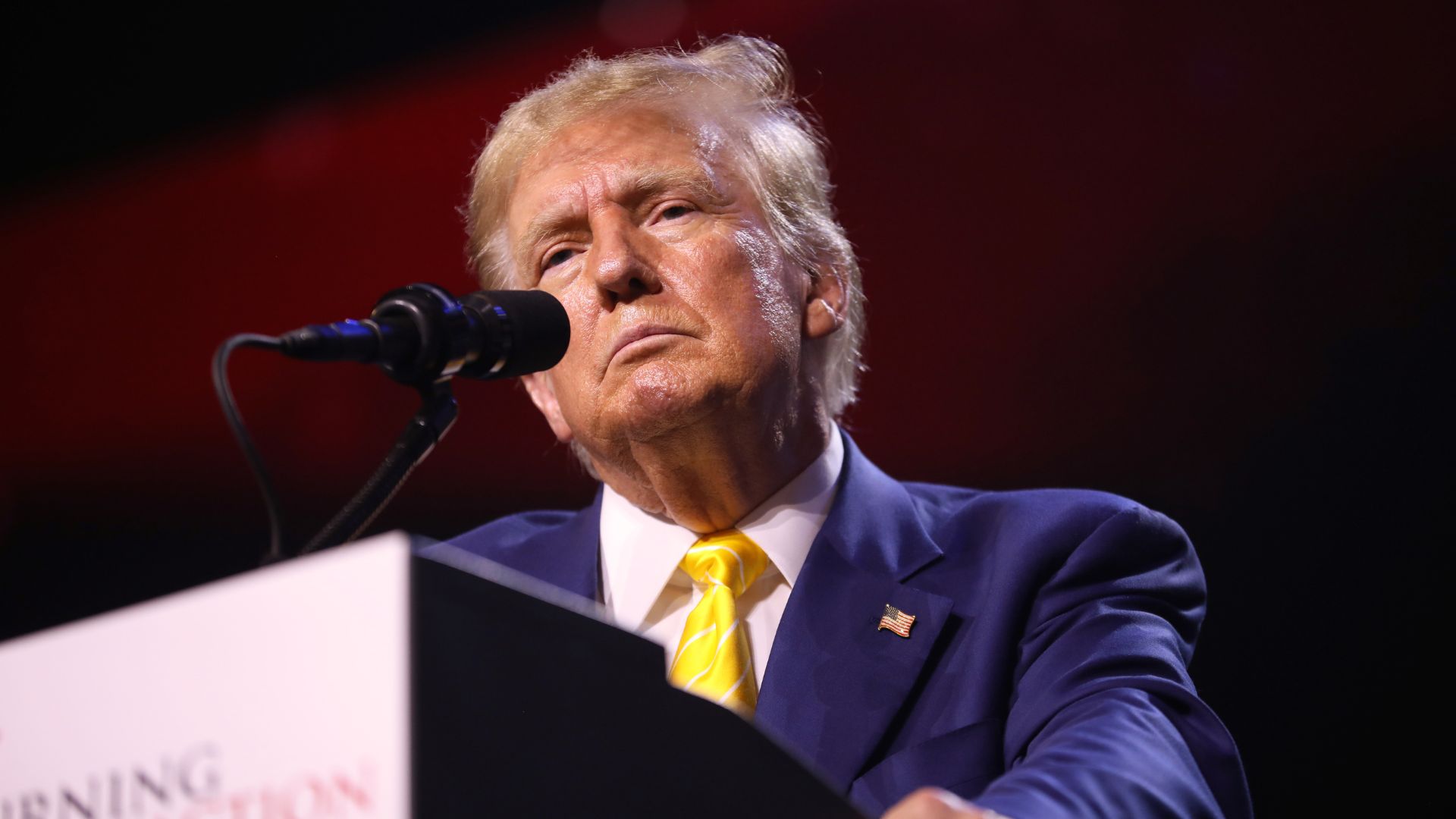
Now that the Supreme Court has made this decision, the lower courts must decide whether Trump acted in an official or unofficial way in these federal criminal cases.
Of course, the distinction between official and unofficial acts could become complex, which will likely further complicate this entire scenario.
